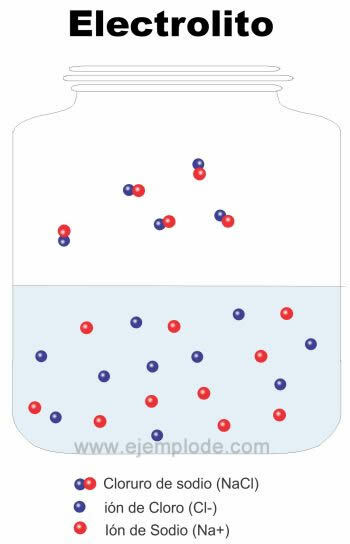Definition of Life Cycle (in Psychology)
Inhibition String Theory / / April 02, 2023

Degree in psychology
The life cycle perspective in developmental psychology is an approach that focuses on the processes evolutionary processes that occur throughout the life of an individual and not only in specific stages of development.
Explores human development as a continuum of evolutionary changes and processes that are influenced by biological, social, cultural, and environmental factors. In this sense, chronological age is not the primary organizing variable of evolutionary work, since development is a multidirectional process, with multiple trajectories and possibilities. This is how it differs from the traditional perspective of developmental psychology, which focuses on the sequentiality, unidirectionality and irreversibility of development. Instead, the life cycle approach views development processes as continuous and not limited to the early stages of life. In addition, the study of development must consider the interaction between ontogenic and biocultural systems that change over time.
Developmental processes throughout the life cycle: biological, cognitive, emotional, social and behavioral changes
The developmental processes that occur throughout the life cycle are diverse and may include biological, cognitive, emotional, social, and behavioral changes. They are complex, interconnected and can include changes in different aspects of life. Understanding these processes is important for understanding human behavior and for designing effective interventions that promote well-being and health throughout the life cycle. Here we will see some:
● The physical and motor development involves changes in the body and physical abilities throughout life. For example, the growth and maturation of the body, as well as the development of motor skills such as walking, running, and jumping.
● Cognitive development involves changes in thought processes, memory, attention, and problem solving. For example, the studies carried out by Jean Piaget maintain that children go through four stages of development: the sensorimotor (0 to 2 years), the preoperational (2 to 7 years), the concrete operations (7 to 11 years) and the formal operations stage (11 years and older).
● The social emotional development refers to changes in personality, social relationships and emotions. Erik Erikson's theory of psychosocial development suggests that personality development occurs throughout life and that each stage of development is marked by a psychosocial crisis that must be successfully resolved to move on to the next stage. For example, around the first year of life, the first challenge babies face is learning to trust those who care for them. care and in the world around them, and then move on to the next challenge that involves developing independence and self-confidence. autonomy.
● The moral development refers to the understanding and adoption of ethical values and principles. For example, Kohlberg developed a stage theory of moral development that focuses on how children and adolescents learn to differentiate between right and wrong and to behave according to ethical values and how this sense of morality evolves throughout life children
● The vocational development refers to job choice and job satisfaction and how this changes throughout the life cycle. For example, young adults may choose a career and develop professionally, while older adults may retire and face economic and social challenges.
It is important to note that these development processes do not occur in isolation, but are interconnected and influence each other. For example, changes in personality can influence career choice, while cognitive abilities can influence emotional development.
The importance of the life cycle perspective in clinical practice
The life course perspective has fundamental implications for clinical practice and intervention, as it argues that Changes in the environment, such as exposure to traumatic experiences or social adversities, can influence the development of individuals. For example, children who grow up in homes with high levels of conflict and stress have been found to experience changes in their cognitive and socio-emotional development. Likewise, older adults who experience loneliness and social isolation may experience negative changes in their physical and mental health. Therefore, it is necessary to take into account the social and environmental context in which each individual develops when studying development processes throughout the life cycle.
In addition, in the field of psychotherapy, the life cycle perspective holds that the therapist should consider not only the experiences of the individual at the present moment, but also his life story and the experiences he has had throughout his life. life cycle.



